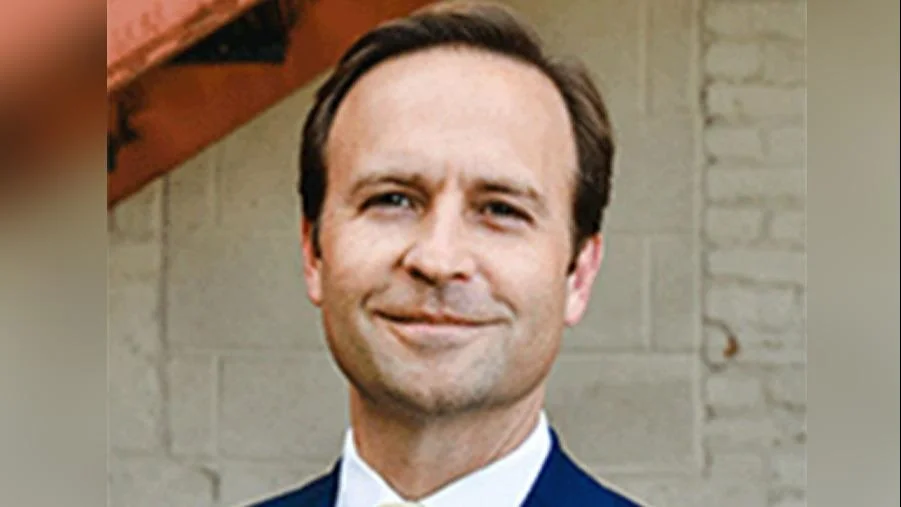Brian Calley President and Chief Executive Officer at Small Business Association of Michigan | Official website
Brian Calley President and Chief Executive Officer at Small Business Association of Michigan | Official website
The Board of Canvassers has approved a summary for the Invest in MI Kids petition, which aims to fund schools with a 5% tax increase on high-income earners. However, the form was not approved due to time constraints. The original summary described the tax as a surcharge, but Eric Doster from Small Business for a Better Michigan pointed out inconsistencies, stating that even the organization's website referred to it as a tax.
Doster argued that "It says, ‘Tax the rich.’ It doesn’t say ‘surcharge the rich’.” Steve Liedel, attorney for Invest In MI Kids, conceded this point but contended that details about a graduated tax were unnecessary in the petition. Opponents argue that such a tax could harm small businesses.
The debate also focused on how the funds would be used. The final 73-word summary specifies that starting in 2027, an additional 5% tax will be applied to annual taxable incomes over $1 million for joint filers and $500,000 for single filers. This revenue is intended exclusively for local school district classrooms and related educational purposes.
Board Chair Richard Houskamp questioned whether funds could be used beyond what was outlined in the summary. Liedel affirmed that spending would be limited to specific purposes. Despite these clarifications, approval of the form itself was postponed until July 10.
Jessica Newman from United for Respect expressed confidence in their preparations and volunteer base to gather necessary signatures. She noted support from public school unions and other organizations committed to funding efforts.
Opposition remains strong among business groups who claim higher taxes on income could deter business activity. Newman countered by stating similar taxes have not led people to leave other states and emphasized that this measure targets personal income rather than businesses directly.
During a press conference on June 26, business leaders reiterated their concerns about potential negative impacts on commerce if such measures are implemented.





 Alerts Sign-up
Alerts Sign-up